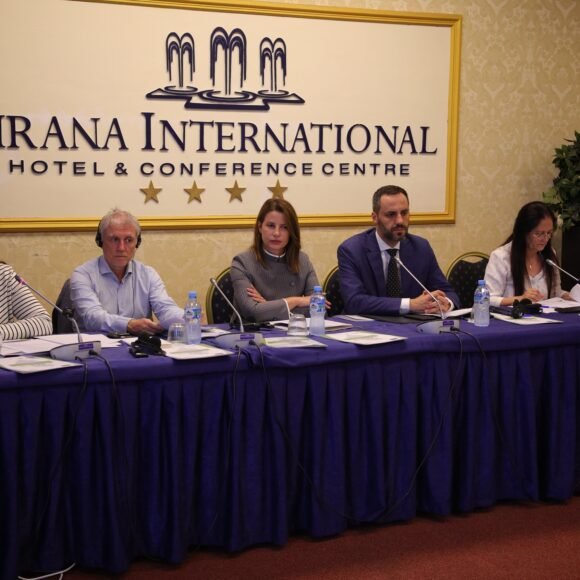Brussels – Luis Planas, Spain’s Minister of Agriculture, Fisheries, and Food, has voiced his support for the trade agreement with Mercosur, highlighting its significance in the current geopolitical landscape, particularly following the recent U.S. elections. He criticized what he termed “mythology” surrounding the pact, arguing that it does not reflect the actual circumstances.
Planas made these comments upon arriving for a meeting of EU Agriculture and Fisheries ministers in Brussels, responding to France’s opposition to the long-negotiated agreement with Mercosur, which Brussels aims to finalize by year-end.
“Each member state has its own position, but I believe there are misconceptions about Mercosur that do not align with the reality of the agreement or the present context,” Planas remarked.
He pointed out that Spain exports only 400 million euros worth of agri-food products to Mercosur, while imports reach 4 billion euros, indicating a significant trade imbalance.
Planas stressed the need for the EU to consider whether, amid the current geopolitical challenges and following the U.S. elections, it should isolate itself or “broaden its network of agreements with third countries to sustain its economic and commercial influence.” He emphasized that the answer is evident and that Spain’s stance has been consistently clear.
Additionally, Planas announced that Spain, France, and Italy have jointly called for a moratorium on fishing limits in the Mediterranean for 2025 during the Agriculture and Fisheries meeting. This measure aims to ensure the stability of both fish populations and the livelihoods of affected fleets.
The three nations held trilateral discussions to formulate a unified stance on total allowable catches (TAC) and quotas for the Mediterranean for the year 2025. So far, the European Commission has only released a proposal for regulation without specific figures or measures for the western Mediterranean.
Planas explained that the regulation’s implementation in the western Mediterranean has led to a substantial reduction in vessel working days over the past five years, achieving only partial success in reaching maximum sustainable yield. He advocated for exploring alternative strategies to meet objectives without jeopardizing fishing ports.
The Spanish minister emphasized the necessity of balancing biological stocks with the economic and social impacts of proposed measures, and he plans to present this perspective to the future Fisheries Commissioner, Costas Kadis, to consider in December’s proposals when the EU must agree on TAC and quotas for the upcoming year.
In summary, the ministers aim to maintain stock stability while ensuring the “survival of both fish and fishermen,” with Planas calling for an evaluation of the effects of reduced fishing efforts, closures, and selectivity measures. (November 18)













Leave a Reply